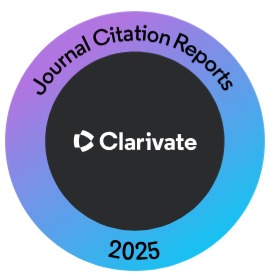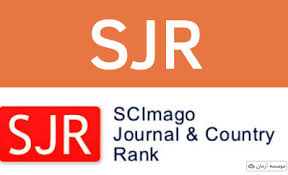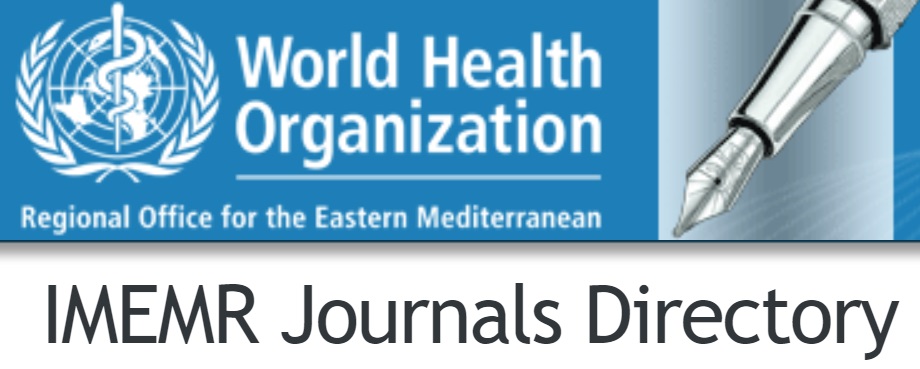Understanding COVID-19 Vaccine Hesitancy among Tertiary Level Students in Malaysia Using the 5C Model - A Short Survey
Abstract
Objective: To explore the attitudes of the tertiary level students in Malaysia towards COVID-19 vaccines to analyze the leading cause of vaccine hesitancy among this group.
Methodology: A cross-sectional study was conducted from January to February 2021 among undergraduates from 5 different private tertiary institutions across Malaysia. The data was obtained through an online survey using Google Forms and analyzed using Smart PLS 3 software.
Results: The validity of the measurement model led to the structural model after bootstrapping. From the data analysis, it was confirmed that Collective Responsibility and Confidence had a significant positive relationship with vaccine hesitancy, while complacency, constraints and calculation did not seem to contribute to vaccine hesitancy
Conclusion: Most respondents have good knowledge about the vaccines and generally have a positive attitude towards COVID-19. The respondents were hesitant to get the COVID-19 vaccines because they were concerned about the safety and efficacy of the COVID-19 vaccines as they are new and rapidly developed.
KeyWords: COVID-19, vaccine hesitancy, tertiary level students, Malaysia
Downloads
Published
How to Cite
Issue
Section
License
Copyright (c) 2022 Journal of Liaquat University of Medical & Health Sciences

This work is licensed under a Creative Commons Attribution-NonCommercial-ShareAlike 4.0 International License.
Submission of a manuscript to the journal implies that all authors have read and agreed to the content of the undertaking form or the Terms and Conditions.
When an article is accepted for publication, the author(s) retain the copyright and are required to grant the publisher the right of first publication and other non-exclusive publishing rights to JLUMHS.
Articles published in the Journal of Liaquat University of Medical & health sciences are open access articles under a Creative Commons Attribution-Noncommercial - Share Alike 4.0 License. This license permits use, distribution and reproduction in any medium; provided the original work is properly cited and initial publication in this journal. This is in accordance with the BOAI definition of open access. In addition to that users are allowed to remix, tweak and build upon the work non-commercially as long as appropriate credit is given and the new creations are licensed under the identical terms. Or, in certain cases it can be stated that all articles and content there in are published under creative commons license unless stated otherwise.























